The One Big Beautiful Bill Act (OBBBA) is a major new law that mixes big tax cuts with big changes to social welfare programs. It’s causing a lot of discussion across the United States. Some people say it will save money and help the economy. Others warn it could hurt millions of low-income families. Let’s break it down in simple terms.
What Does OBBBA Do for Taxes?
OBBBA permanently continues the tax cuts that started during the Trump presidency. This means that tax rates will stay between 10% and 37% for most individuals.
Families with children will get more help from the government through an increased Child Tax Credit, which now rises from $2,200 to $2,500 per child. For low-income workers, the bill allows a deduction of up to $25,000 for tips and overtime pay. This means they pay less tax on that extra money.
Seniors also benefit—they can now deduct up to $6,000 to lower the taxes they pay on Social Security income.
But not everything in this bill is a tax cut. It adds a 1% tax on remittances, which will affect people sending money abroad, especially migrant workers. Rich colleges and universities will pay up to 8% tax on their endowment funds.
The bill also introduces “Trump Accounts”, which offer tax benefits for people saving for education or housing. However, critics say these accounts will mostly help people who already have money to save.
Big Changes to Social Welfare Programs
This is where the law gets more controversial. OBBBA makes it harder for people to stay on government support programs like Medicaid (healthcare) and SNAP (food assistance).
Medicaid Changes:
People between 19 and 64 years old must now work at least 80 hours per month to keep their Medicaid health coverage.
SNAP Changes:
Work requirements are also increased. Adults without dependents must work regularly to keep their food benefits. Even people up to age 64 must now meet these rules. Also, if a state makes too many mistakes managing SNAP, it will have to pay more of the cost—up to 25%.
These changes could lead to about 10.9 million people losing health coverage. A study from Yale University warns this could cause over 51,000 preventable deaths every year.
SNAP Cuts in Numbers
The Senate version of OBBBA proposes cutting about $186 billion from SNAP through 2034. Together with House proposals, the total cuts could be several hundred billion dollars.
Starting in 2028, states must share the cost of SNAP benefits. States with fewer mistakes will pay 5%, while those with more errors may pay up to 25%.
Future SNAP benefit increases will be tied to general inflation, not to food costs, which could reduce the value of benefits over time—about $35 billion less over the next 10 years.
Immigration and Border Spending Gets a Boost
OBBBA gives a massive $170 billion for border security, with $46.5 billion for building a wall. The ICE budget will increase by 365%, adding 100,000 new detention beds and allowing for 1 million deportations each year.
New fees also begin:
$100 per asylum application and $550 for work permits. The goal is to make the immigration system pay for itself, but it could also make legal immigration harder.
Climate Setbacks: Clean Energy Loses Out
OBBBA removes popular tax credits for solar panels, wind energy, and electric vehicles (EVs) starting in 2026 and 2027. At the same time, it boosts support for biofuels and coal.
Experts say this change could cost the economy 830,000 green jobs and raise energy costs by 50% by 2035. It’s a major step away from clean energy efforts.
What About the Economy?
The Congressional Budget Office (CBO) says the bill will add $2.8 trillion to the national debt by 2034. Government income will go down by $4.46 trillion over ten years. There’s also a risk that Social Security and Medicare will run out of money one year earlier than expected.
Some say the bill will help average families save $10,000 per year, according to the White House. But economists like Paul Krugman say the cuts in healthcare and food aid will increase inequality, making life harder for low-income families.

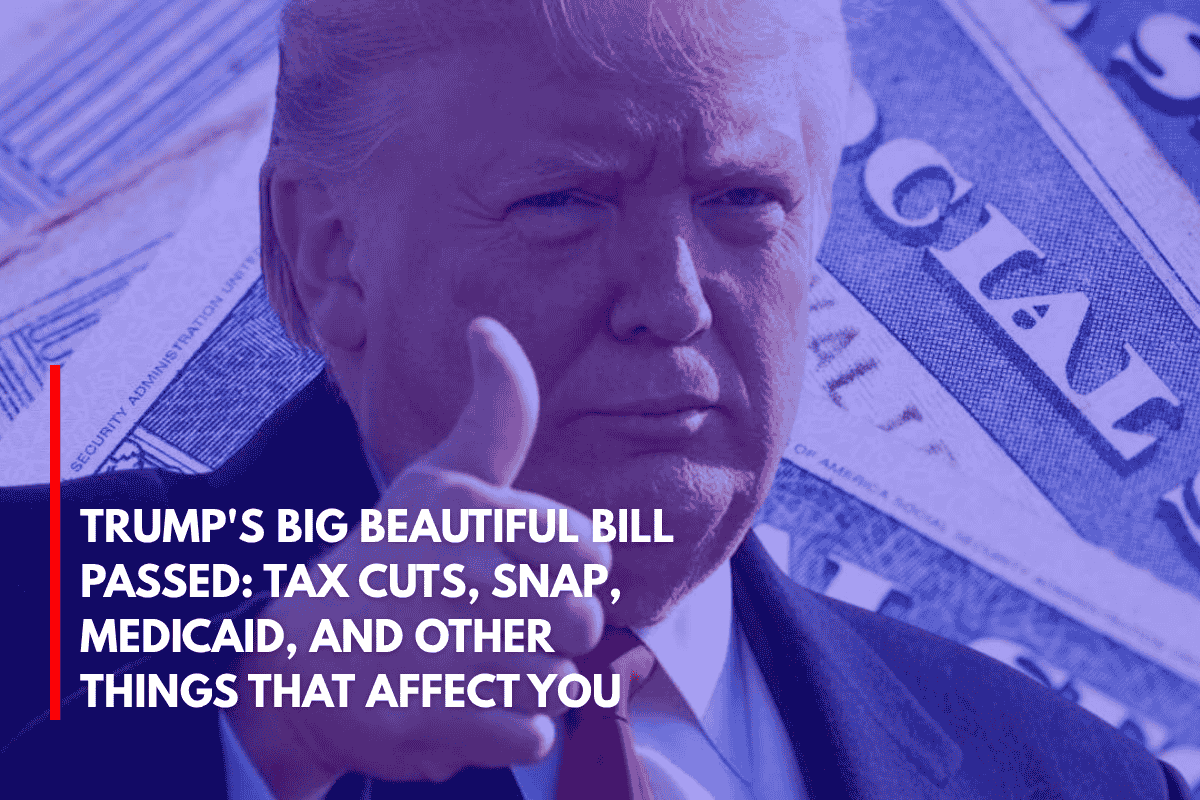
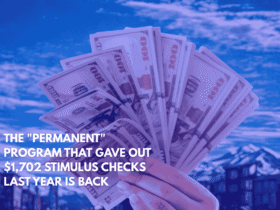

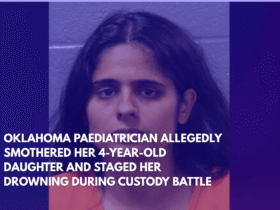



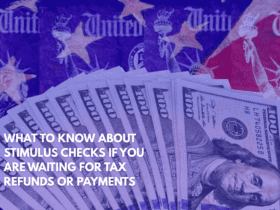
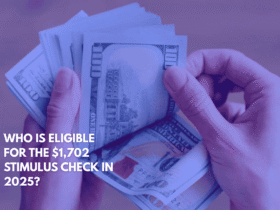
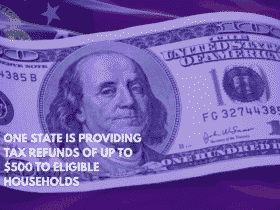
Leave a Reply